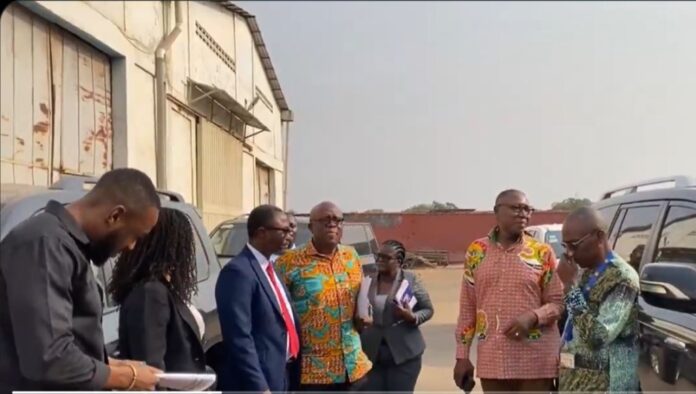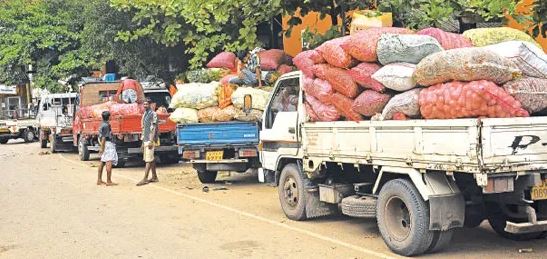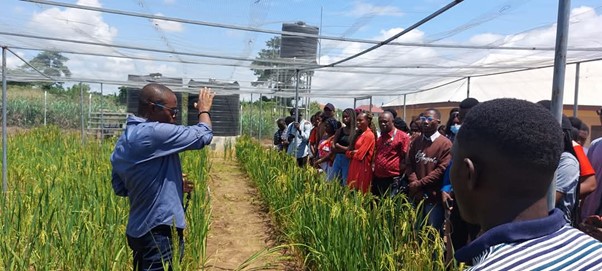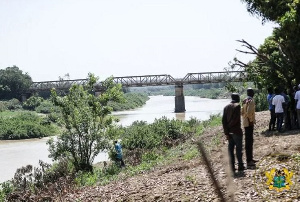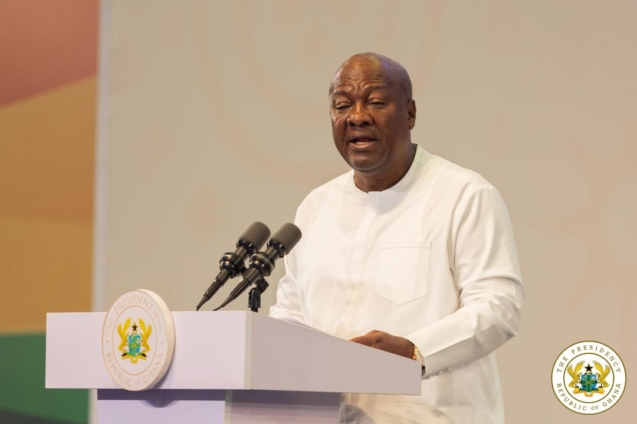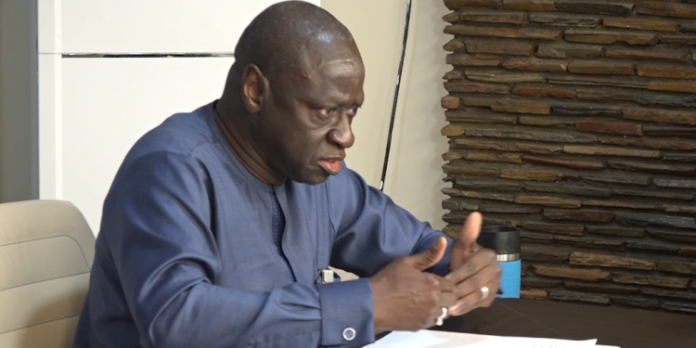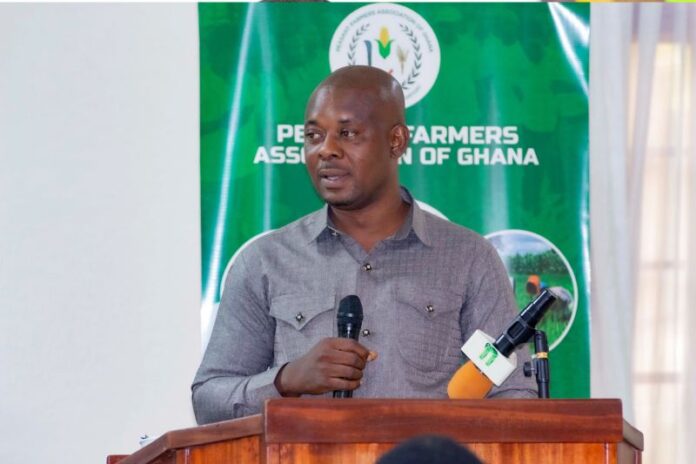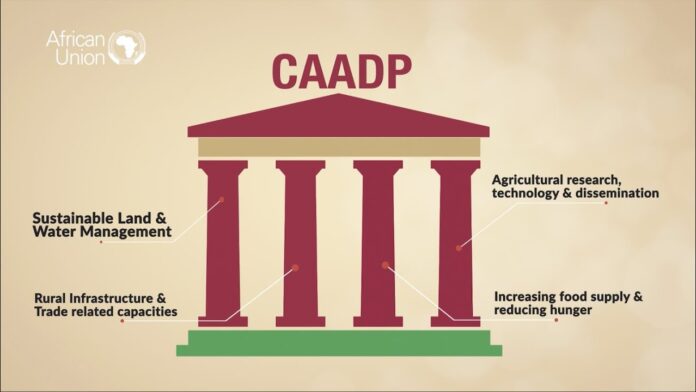Former Deputy Ranking Member on Parliament’s Education Committee, Clement Apaak, has confirmed that the Ghana Armed Forces has commenced the distribution of food supplies from warehouses to Senior High Schools (SHSs) across the country.
President John Mahama had earlier ordered the distribution of food meant for victims of last year’s drought in the northern part of the country to be redirected to schools.
This initiative follows concerns over food shortages in schools and aims to provide immediate relief to students and staff.
In an interview on Joy FM‘s Newsnight on Thursday, January 16, the Builsa South MP, disclosed this development after visiting Tema with representatives from the Office of the Chief of Staff, the Ministry of Education, the Ghana Education Service (GES), and the Technical and Vocational Education and Training (TVET) Service.
“I can tell you that the process has begun, okay, that by the end of next week, all schools should receive the quantities of rice they deserve, so we are prioritising,” he said.
“The trucks have started moving. The slight delay was due to awaiting detailed information from the Ministry of Education and the GES regarding breakdowns of quantities, locations, and contact persons. Security arrangements were also essential, especially given recent instances of cargo attacks.”
Dr Apaak confirmed that distribution to Greater Accra schools would begin immediately, with schools close to Accra receiving their allocations tonight. Schools far away from the capital will have their supplies dispatched over the coming days, he added.
Additionally, he noted that the military and police trucks are providing logistical support to ensure the safe and timely delivery of these supplies.
While the current effort addresses immediate food shortages, Dr Apaak acknowledged the need for sustainable solutions. He noted that the Chief of Staff, in collaboration with the Ministry of Finance and Education, is working to allocate resources that will empower headmasters to independently procure food supplies in the future.
“This is a short-term measure. In the medium to long term, the processes initiated by the Chief of Staff and the relevant ministries should enable headmasters to procure food for their schools. We expect the requisite resources to be available within a week,” he added.
Dr Apaak also referenced former President John Mahama’s pledge to implement a sustainable food supply plan for schools, emphasizing its potential to resolve such crises permanently.
This follows the widespread reports of food shortages in various senior high schools forcing the Conference of Heads of Assisted Secondary Schools (CHASS) to appeal to parents and guardians to supplement their children’s food supplies, as the National Food Suppliers Association cites its inability to deliver food to schools.
The suppliers blame the situation on the absence of a clear payment plan and uncertainty over whether the current administration will honour arrangements made by the previous government
Meanwhile, the General Secretary of the Conference of Heads of Assisted Senior High Schools (CHASS) Primus Baro, has told JoyNews the government would by the close of Friday, January 17, release funds to support the feeding of senior high school students for 31 days only.
According to him, the fund is an emergency intervention by the government following the food shortage faced by the various SHSs nationwide.
“It was for 31 days as instructed by the president and beyond, and when we are able to deal with the issue as it is now I believe it would be a clear direction as to what can be done going forward,” he said.
Out of the 18 food items needed in the schools, only two are available for distribution, hence the expected release of the funds to cater for the rest.

